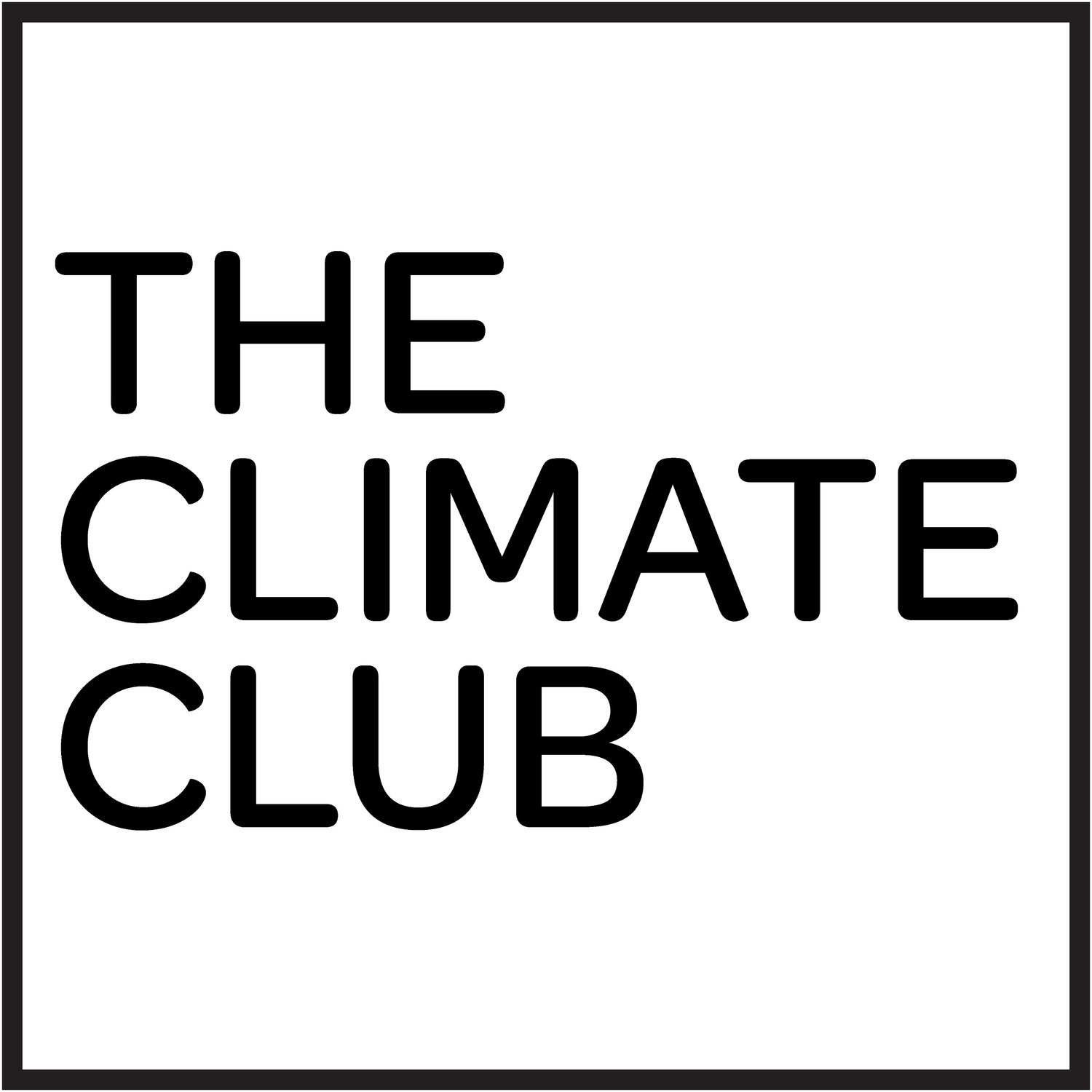Gender Inequity and the Climate Crisis
Combatting gender inequity is essential if we are to tackle the climate crisis. Despite half the world’s population being female, gender disparities remain entrenched in all corners of life, and unfortunately, this is also seen in the climate crisis. Climate change “poses threats to ways of life, livelihoods, health, safety and security for women and girls around the world.” But why is this?
The climate crisis is a threat multiplier: it amplifies already existent inequities worldwide. It takes a multifaceted approach in disproportionately affecting girls and women, including health outcomes, conflict, and limited economic opportunities.
Health outcomes and violence
Women are already on the frontline of climate change’s health impacts. Women are 14 times more likely to die during climate-related disasters than men. Gender disparities in climate-related health outcomes will become increasingly apparent as natural disasters become more common – they are already five times more common than they were 50 years ago. Furthermore, women have reduced access to relief and assistance after climate-related disasters, increasing their climate vulnerability. This reduced access also extends to sexual health, with increased difficulty in family planning options due to changes in service provision (from both healthcare systems’ changing priorities and supply to users).
Climate change adversely impacts maternal and child health, with examples including increased rates of stillbirth, premature birth, and transmission of infectious diseases which affect health outcomes in mothers and children, such as malaria, dengue fever, and Zika virus. The latest International Panel on Climate Change (IPCC) report also reiterates that climate change does discriminate when it comes to gender, with food insecurity and adverse impacts on mental health posing a greater threat to girls and women.
The climate crisis and human conflict both indirectly worsen one another. Girls and women are particularly at risk, with increased evidence of rape, human trafficking, child marriage, and domestic violence, and is seen in both developing and developed countries.
Limited economic opportunities
The link between climate change and economic inequity is unmistakable, with the richest 1% of the world’s population producing double the carbon emissions than the poorest 50%. Economic inequity intersects gender inequity, with 90% of countries having laws that limit economic opportunities for women.
The agriculture sector –which employs one in four of all employed women worldwide– is vital for women in developing countries. The climate crisis threatens the agriculture sector, food security, and sustainable development, with desertification – considered the greatest environmental challenge facing the Earth – proving a significant obstacle to overcome.
Climate-related disasters can cause women to prioritise household livelihoods, at the expense of education and economic opportunities. Evidence suggests that locally, when women are given autonomy for decision making in resource management, it leads to “better resource governance and conservation outcomes,” improves food security, and reduces carbon emissions. Increased women’s representation in national policy decision-making creates stronger climate action policies. Despite this, women have been limited in their decision-making potential, significantly curtailing the potential for successful climate action.
More than just climate action is required
Climate change is the greatest global health threat of the 21st century. It is a threat multiplier, and if uncontrolled, will continue to aggravate existing societal inequities. However, climate change also provides the opportunity to rethink and redefine, and to create solutions that not only tackle the climate crisis, but also address persisting systemic inequities. Therefore, more than just climate action is required. Generations of inequities must be uprooted, and as part of this, female empowerment is fundamental.

